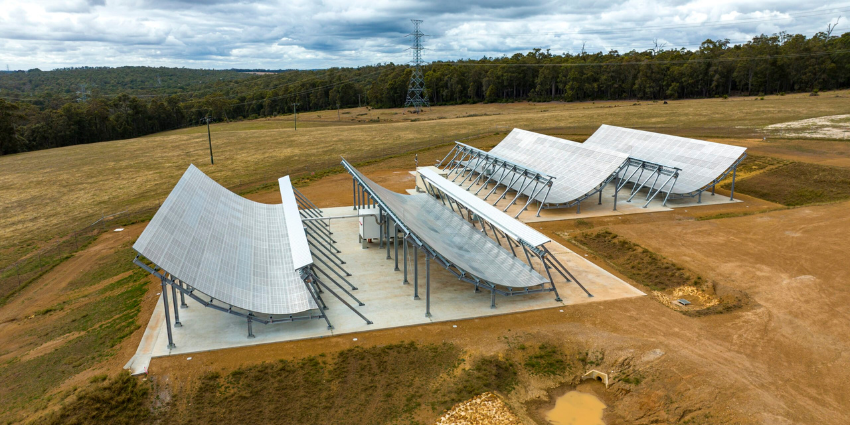
Western Australia (WA) is now home to one of the world’s most advanced space surveillance radars as part of a global network, with LeoLabs’ Western Australian Space Radar (WASR) coming into operation on January 31 near Collie.
The establishment of the WASR further strengthens WA’s position as the Southern Hemisphere’s global hub for space operations and exploration.
Data collected by the radar will be used by the international space industry for launch tracking and satellite monitoring, space debris mapping, collision avoidance and risk assessment.
LeoLabs is the world’s only commercial provider of space surveillance radar data, with WASR forming LeoLabs’ first space radar site in Australia and part of a network of six worldwide.
The WASR adds another dimension to Western Australia’s rapidly growing space industry, which already includes ground-based communications, space situational awareness, earth observation, and world-leading expertise in remote operations, automation and robotics.
The Department of Jobs, Tourism, Science and Innovation supported LeoLabs to identify and secure a site for WASR. Western Australia was chosen as the site due to the State’s unique geographical location, which provides competitive advantages for communication, tracking and operation of assets in space.
The WASR joins a plethora of recent milestones in WA’s space sector, including construction beginning on the Square Kilometre Array (SKA), the opening of Fugro’s Space Automation, AI and Robotics Control Complex (SpAARC) and ThothX’s investment to recommission the historic NASA Overseas Telecommunications Commission dish to track satellites in geostationary orbit.
Find out more about Western Australia’s space capability and the burgeoning local space infrastructure industry at the Department of Jobs, Tourism, Science and Innovation's Space page.


